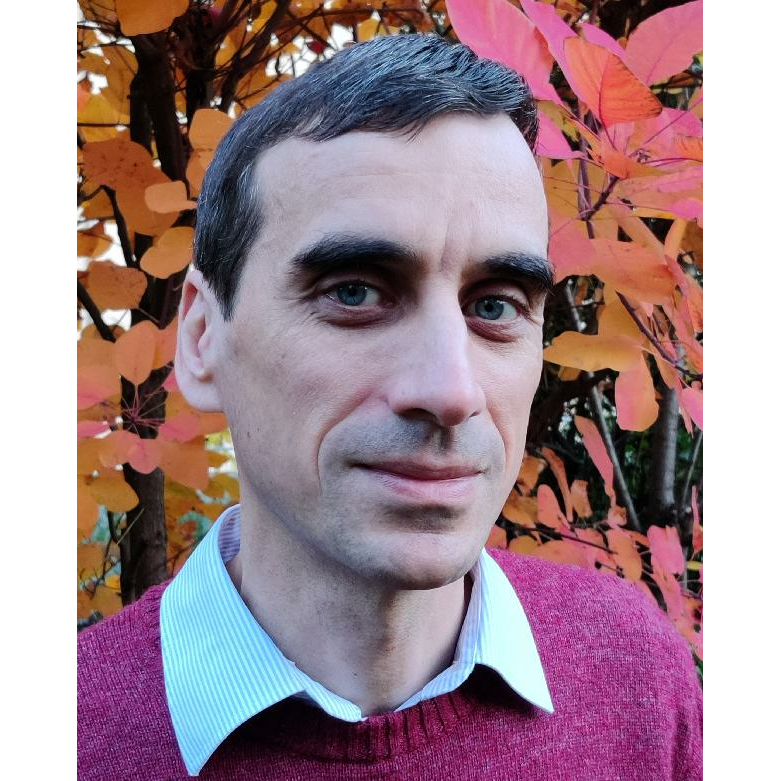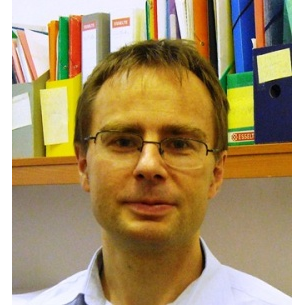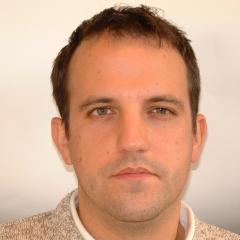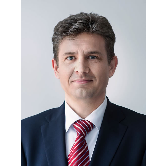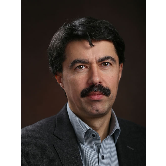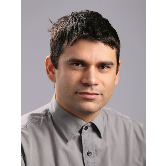BUDAPEST UNIVERSITY OF TECHNOLOGY AND ECONOMICS
PhD in Physics
Pursuing a PhD in Physics is a challenging yet rewarding journey, offering a deep dive into the fundamental principles that govern matter and their wide-ranging applications. The degree program spans four years, during which students engage in rigorous coursework and develop specialized knowledge in various fields of physics, such as quantum theory, condensed matter, nanotechnology, materials science, optics and photonics, nuclear technology, and medical physics. A significant portion of the program is dedicated to original research, culminating in a dissertation that offers new insights to the field. Earning a PhD in Physics prepares individuals for careers in academia, research, or industry, where they can apply their expertise to tackle complex scientific challenges.
Supervisors
Theoretical physics

Tibor Rakovszky
Quantum information and condensed matter physics
Nanotechnology and Materials Science
Optics and photonics
Nuclear Technology
Medical Physics
Fields of studies

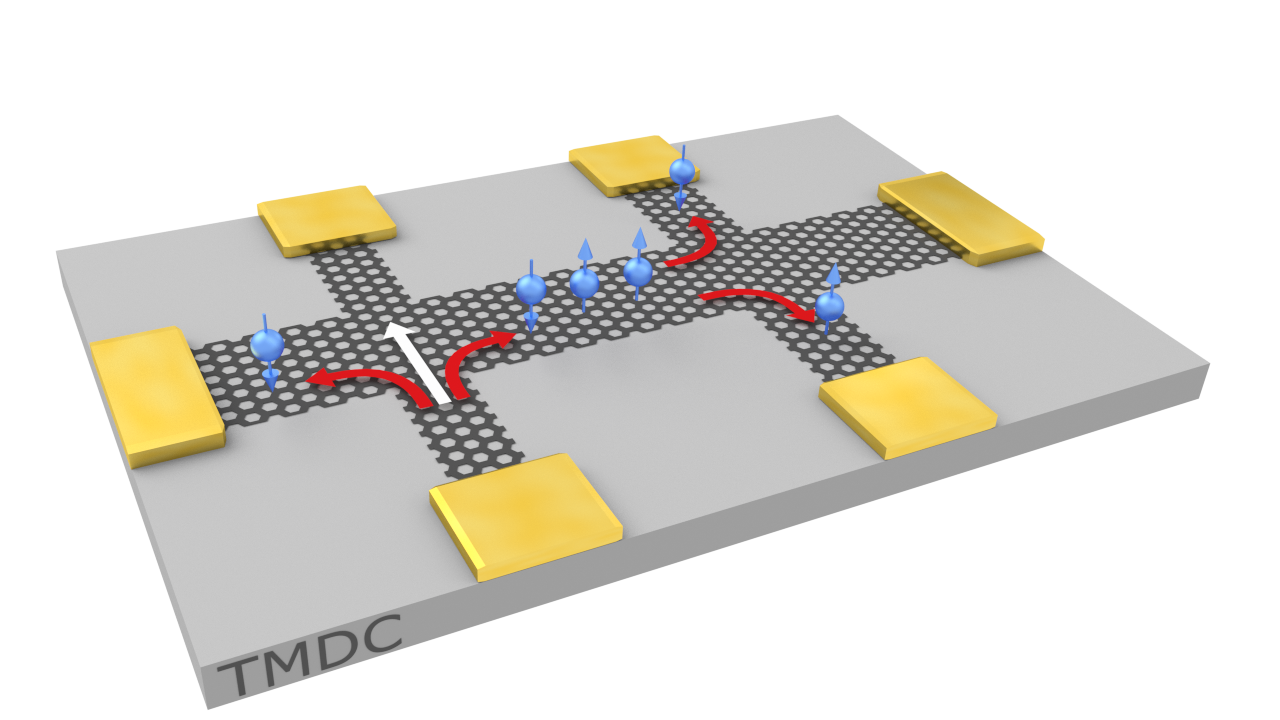
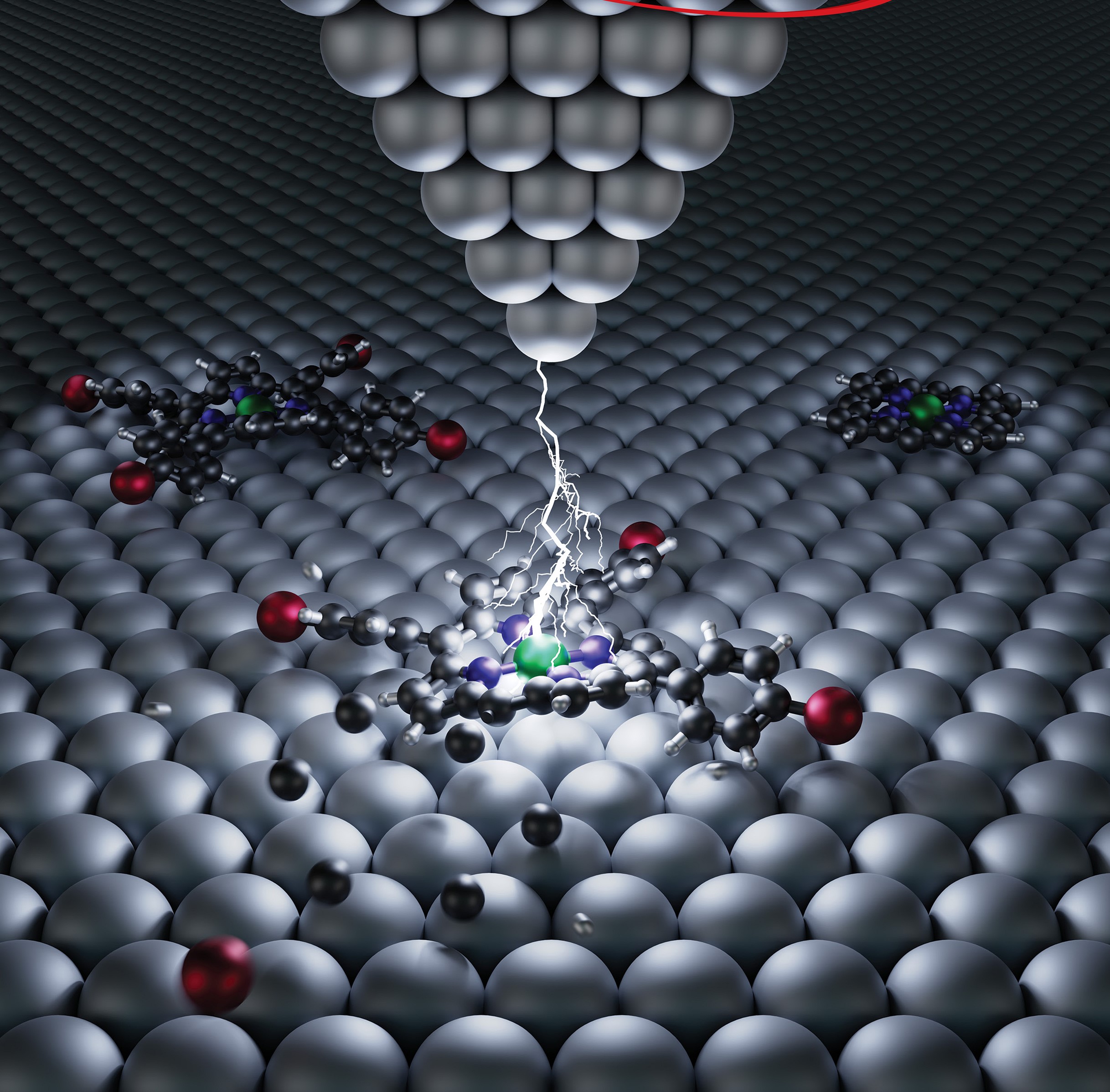
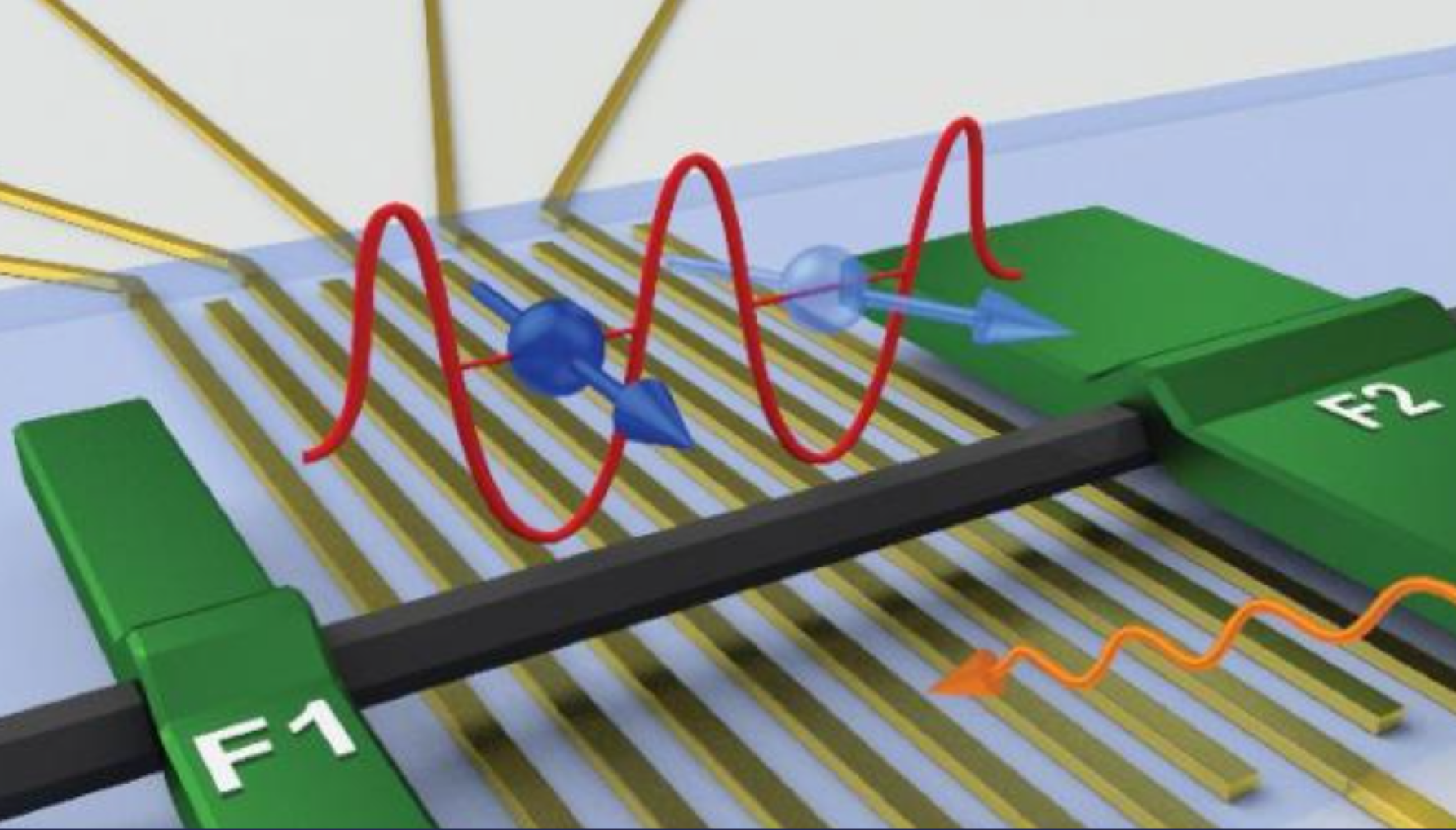
Theoretical physics
Up-to-date knowledge in solid-state physics, statistical physics, and quantum systems. Focused on honing problem-solving and modeling skills to analyze and understand scientific phenomena effectively.
Solid State Physics
Complex Magnetic Structres
Atomic Scale Simulations
Quantum Computing
Complex Networks and
Data Science
Nanophysics
Exotic Quantuphases
Ultracold Atoms
Quantum Field Theory
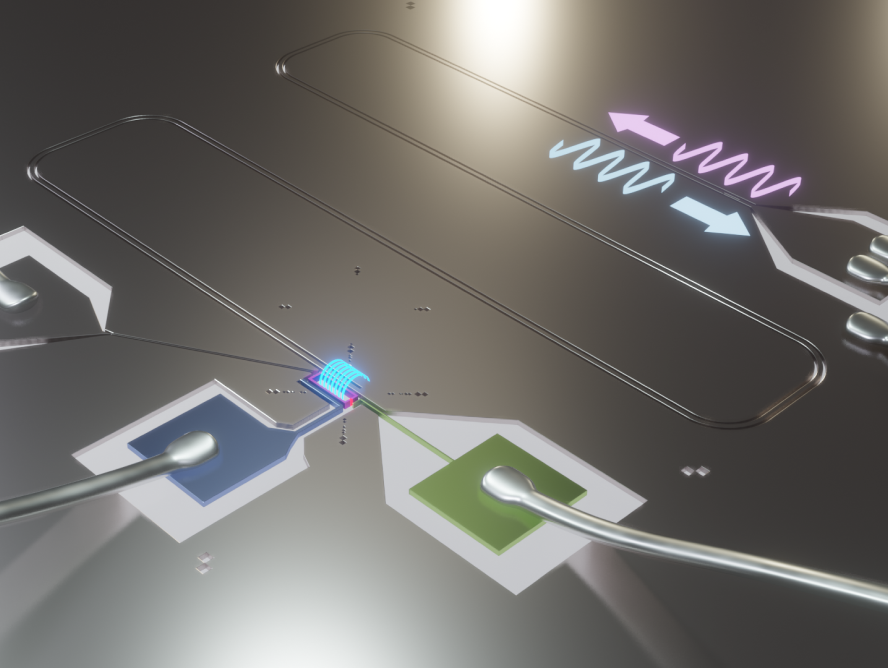
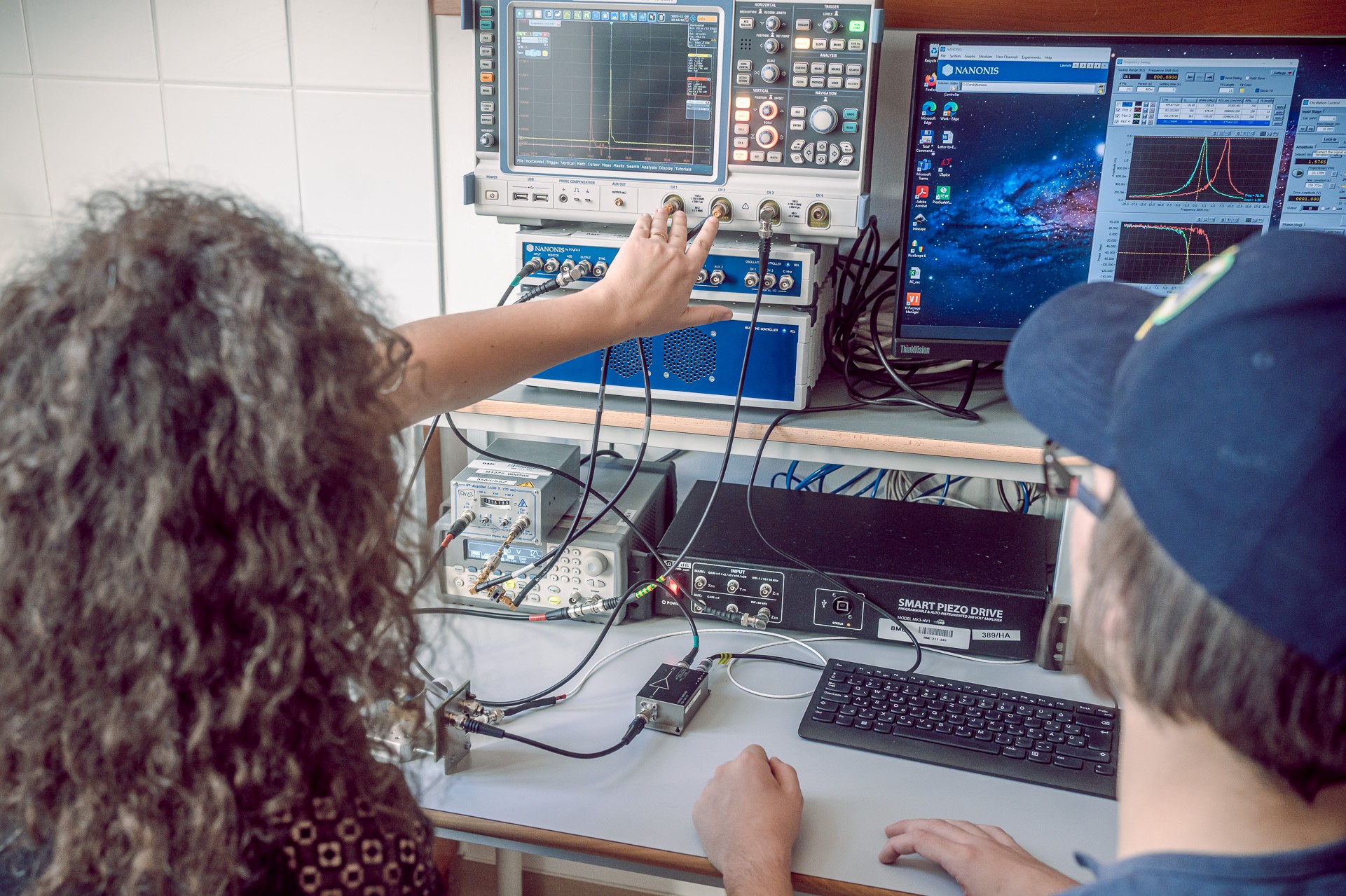
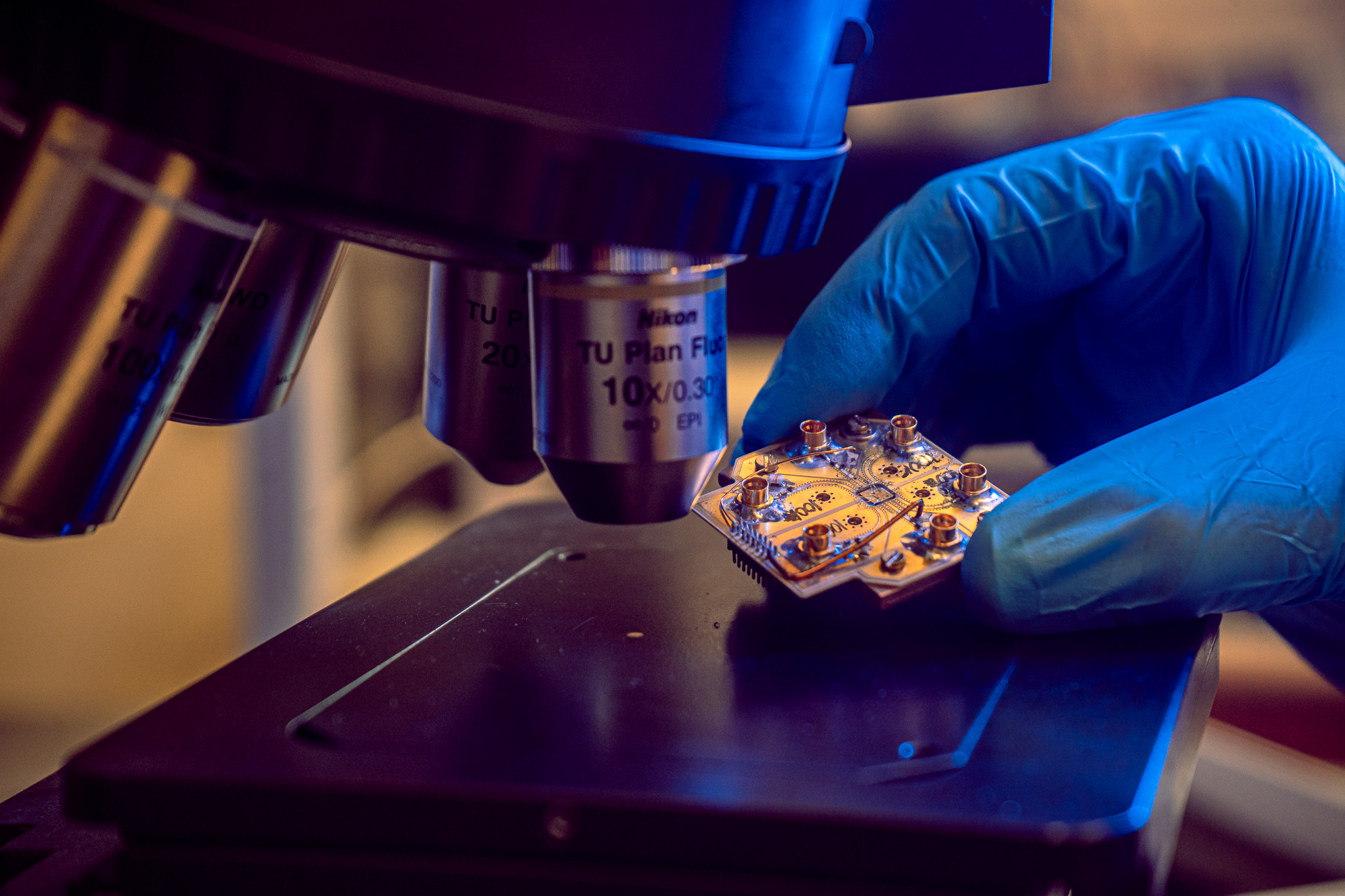
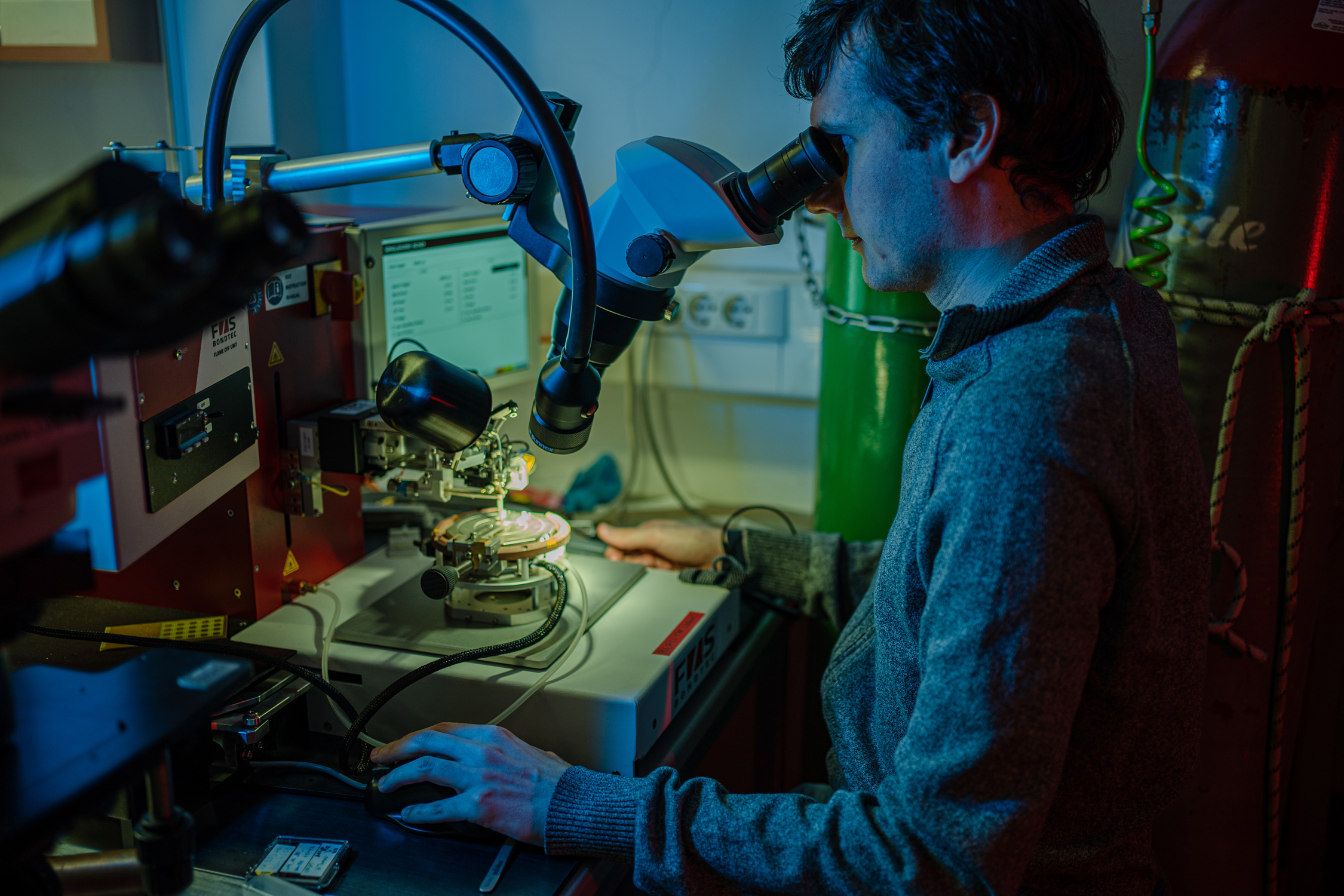
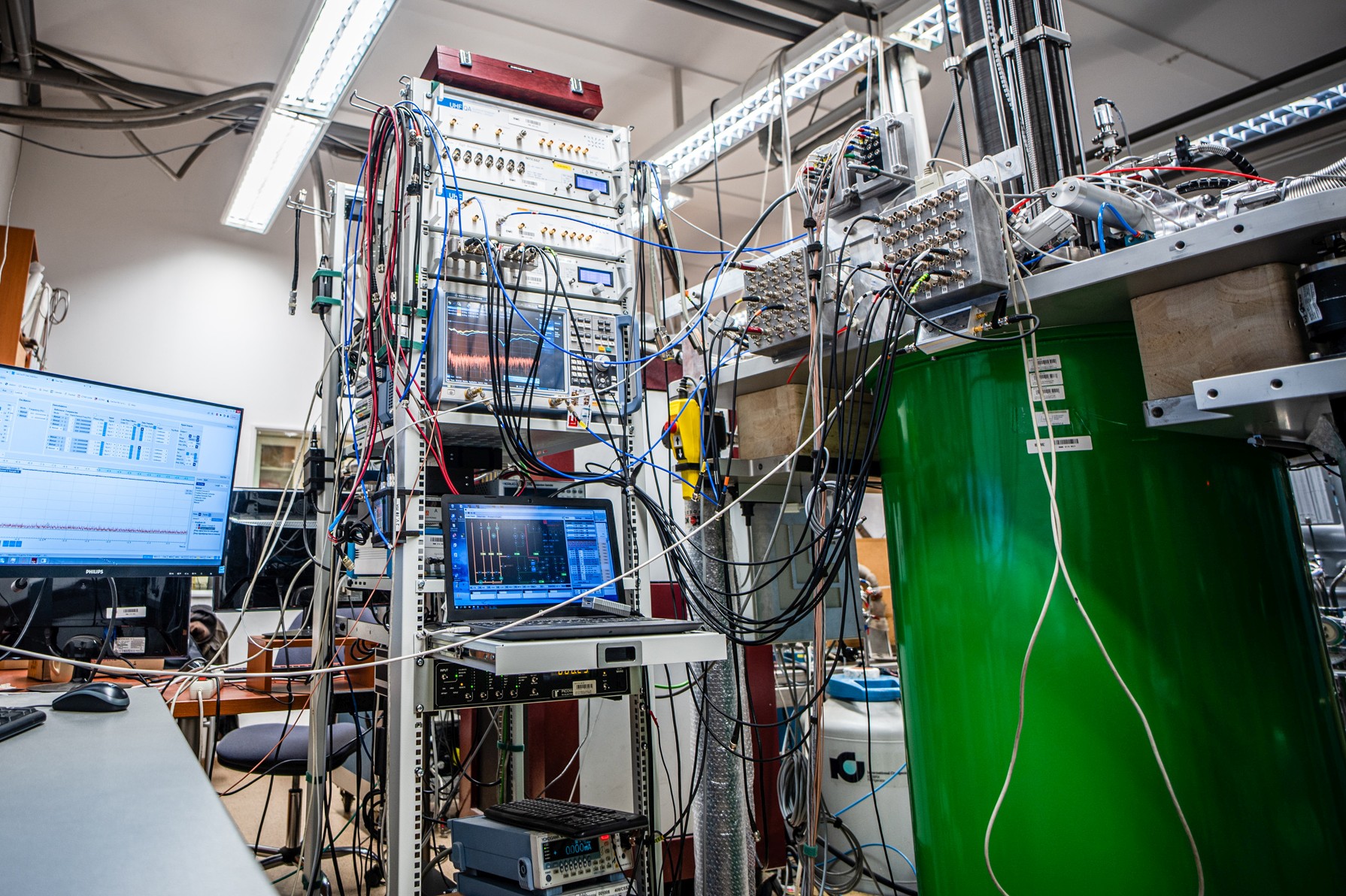
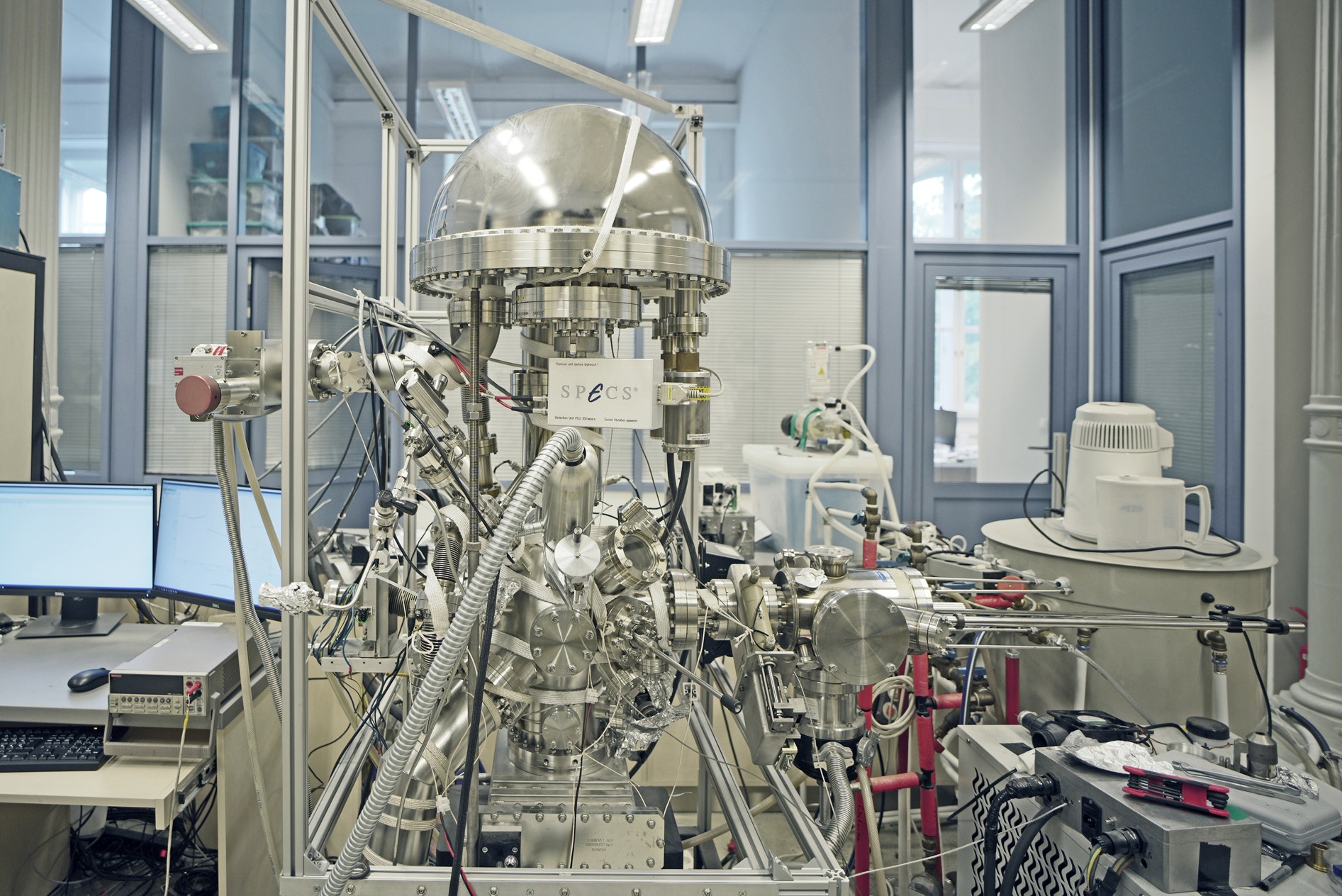
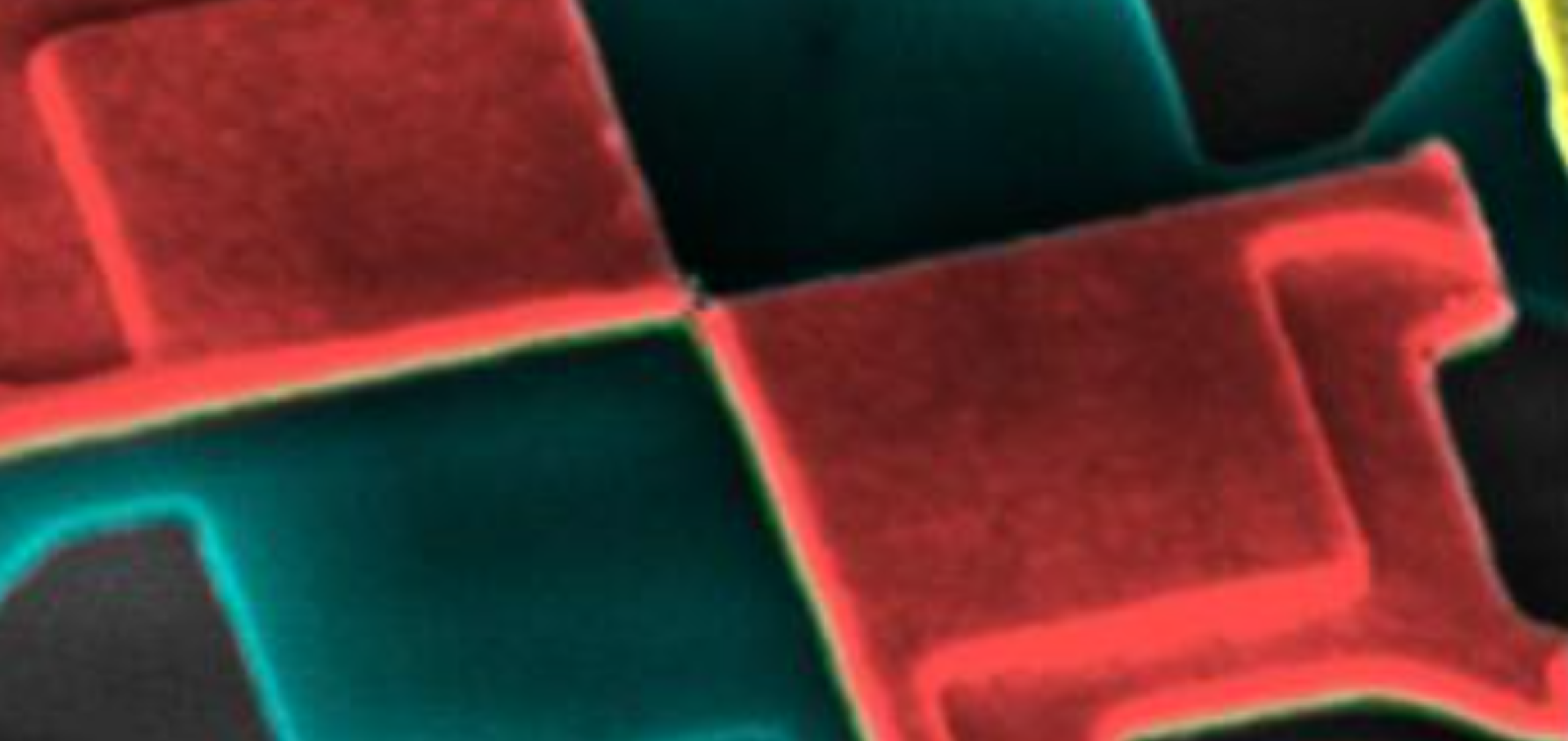
Nanotechnology and Materials Science
Nanotechnology involves manipulating matter at the atomic and molecular scale, enabling the creation of materials and devices with novel properties and functions, while materials science studies the relationship between the structure, properties, and performance of materials, driving innovations in various fields by developing advanced materials with tailored characteristics.
Quantum Technology
Two-dimensional Meterials
Neuromorphic Computing
Semiconductor Technology
Surface Physics
Spintronics and Nanomagnetism
Nanosensors
Superconducting Nanocircuits
Self-organized Nanostructures
Modern Experimental Methods in Materials Science
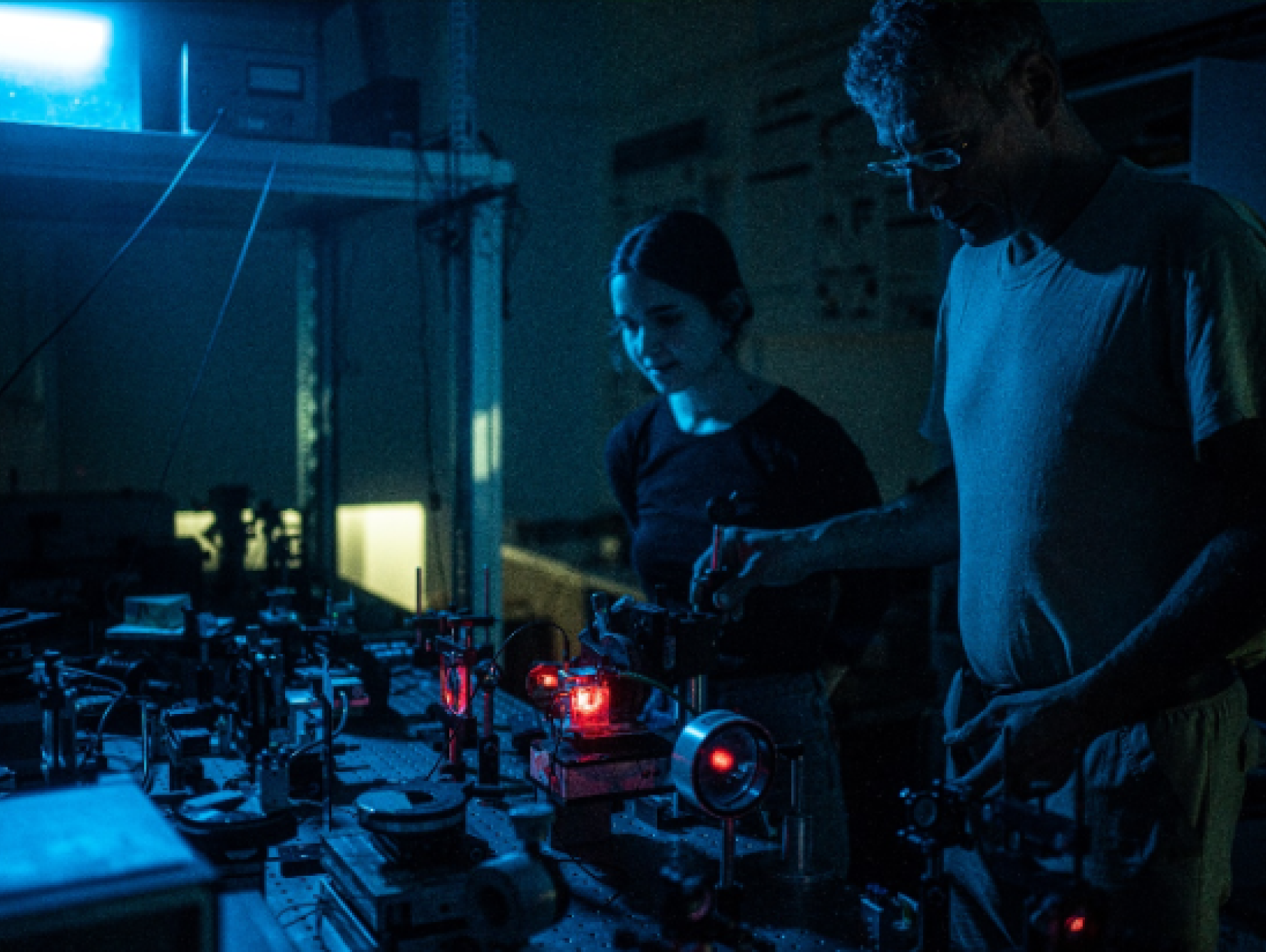
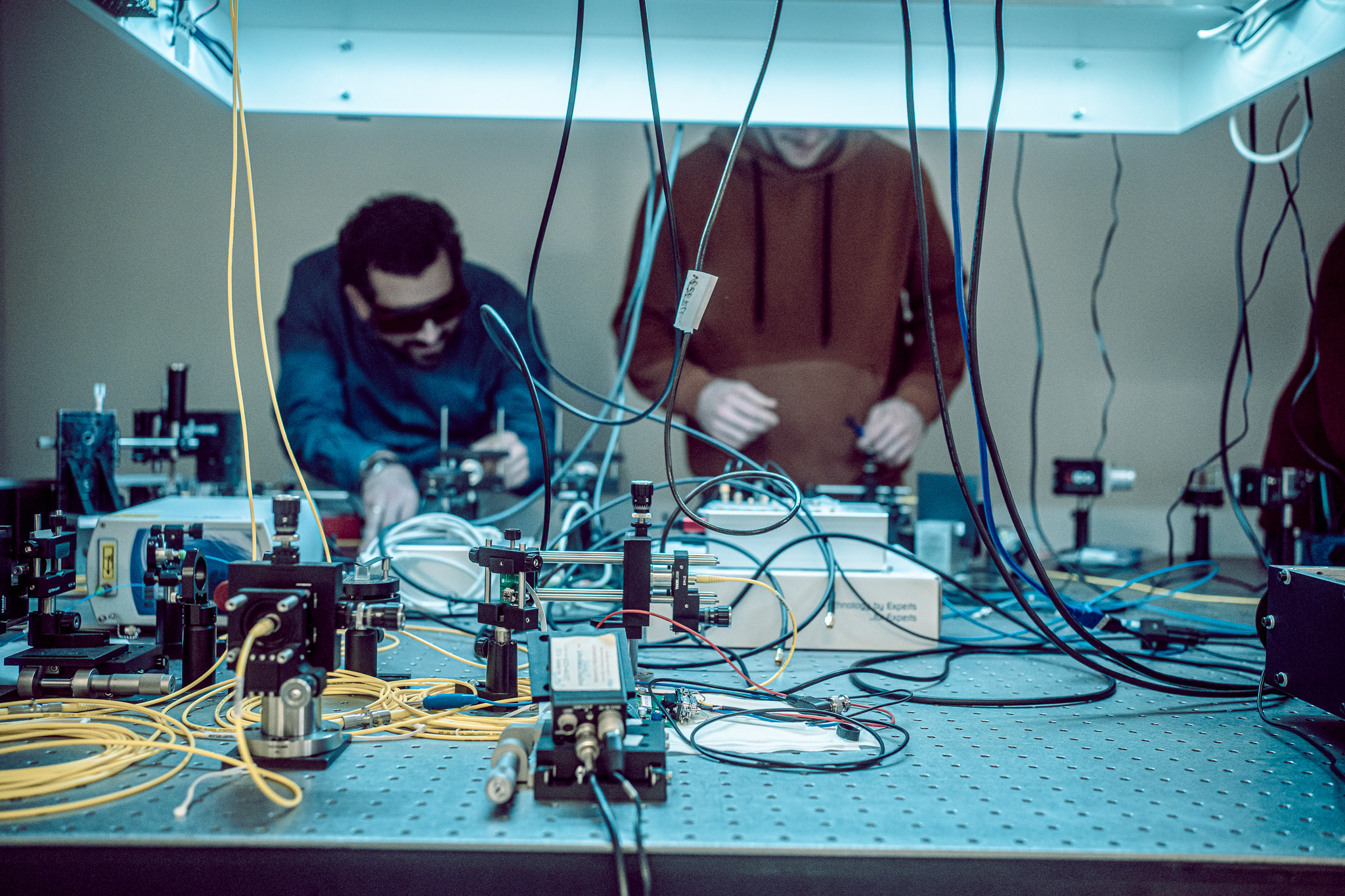
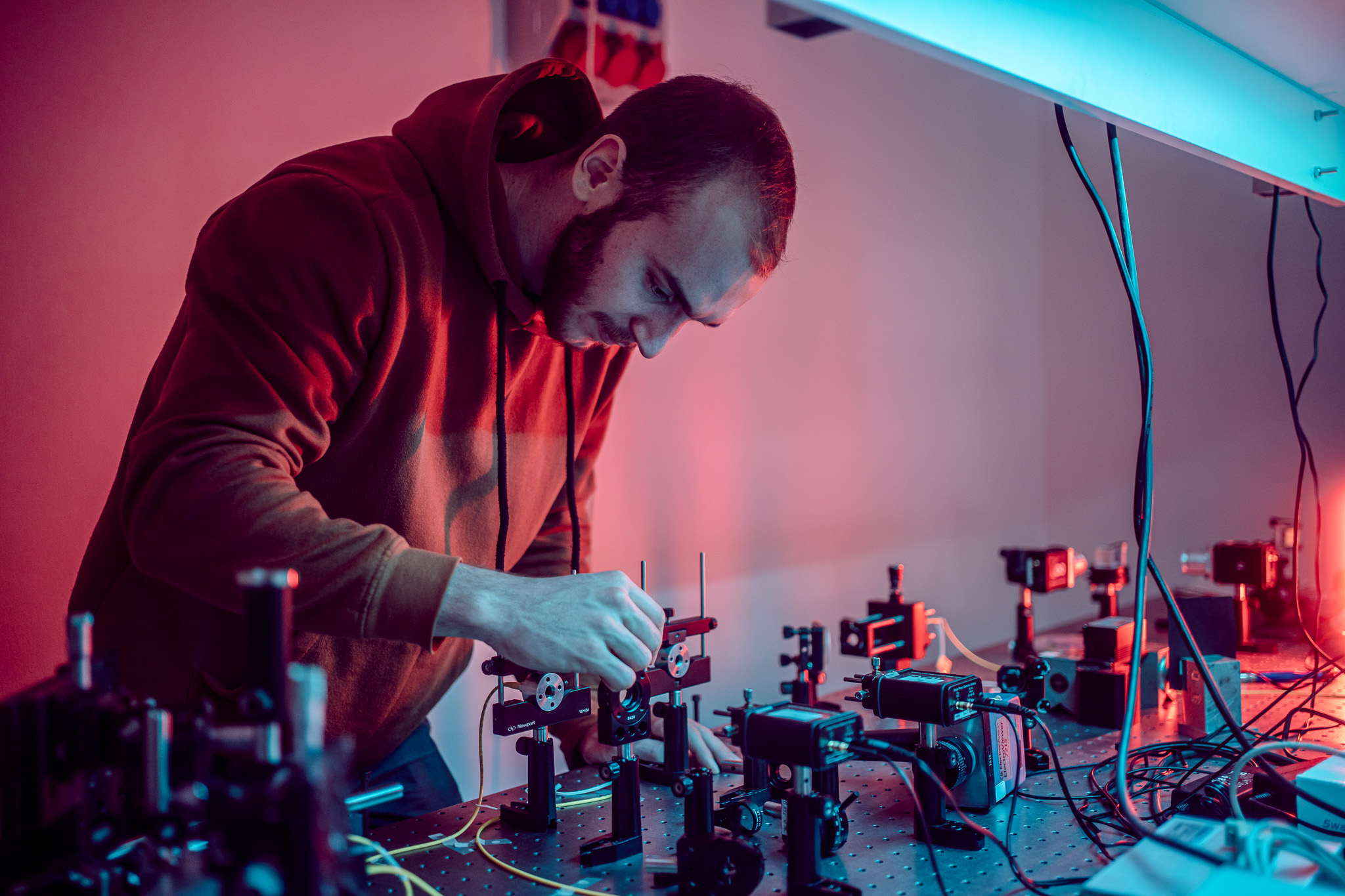
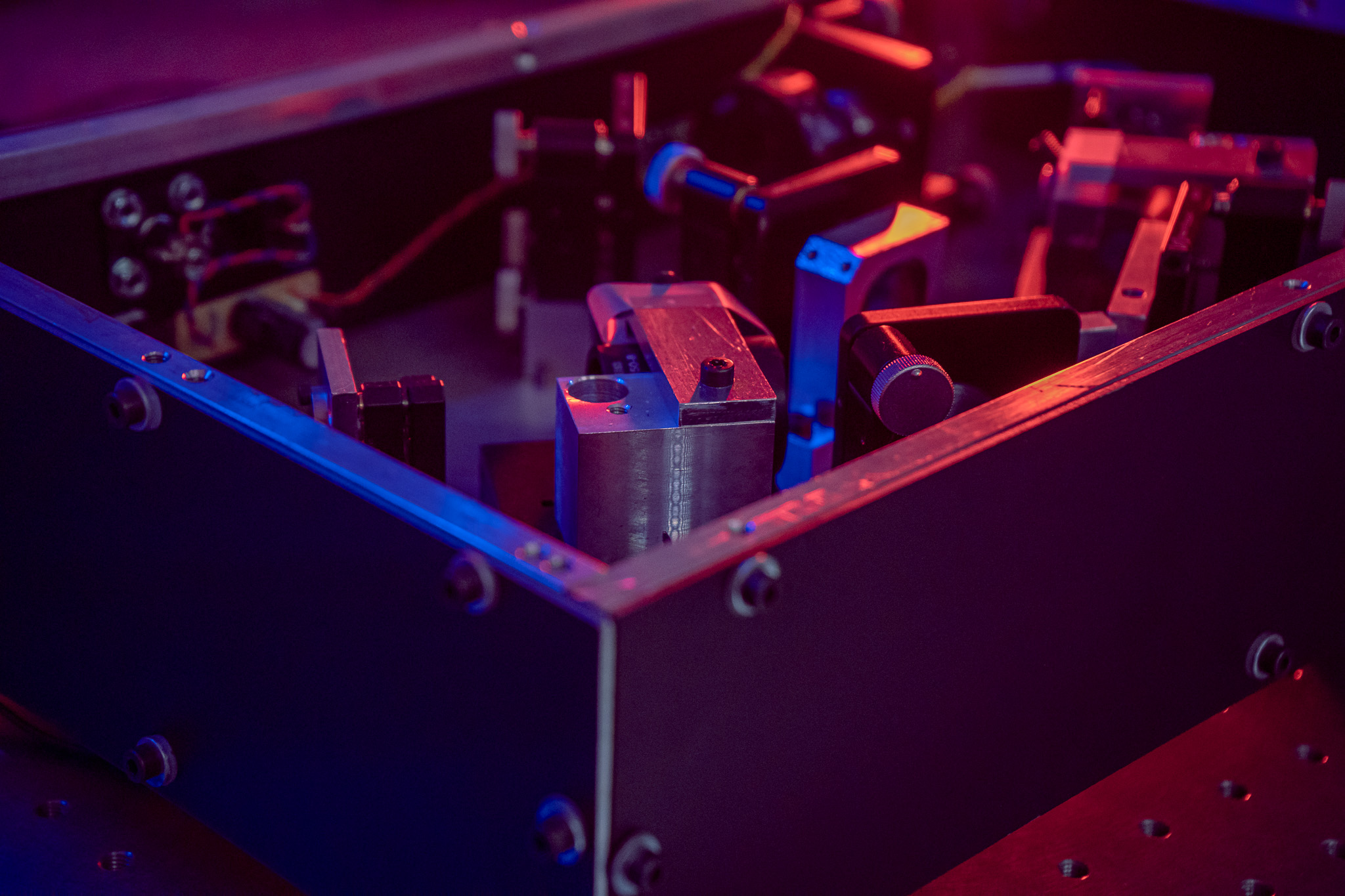
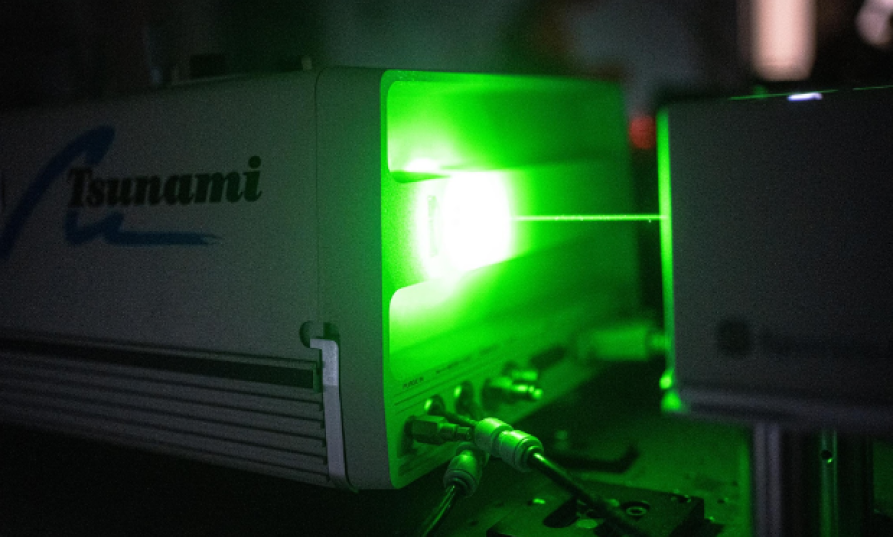
Optics and Photonics
Optics studies the behavior, properties, and interactions of light, including its reflection, refraction, and diffraction. Photonics builds on optics, focusing on the generation, manipulation, and detection of light (photons) to develop technologies like lasers, fiber optics, and optical communication systems.

Femtosecond lasers and their applications

Quantum Light Sources

Optical Planning and Measurement Techniques

Photonic devices

FLuorometry

Displays
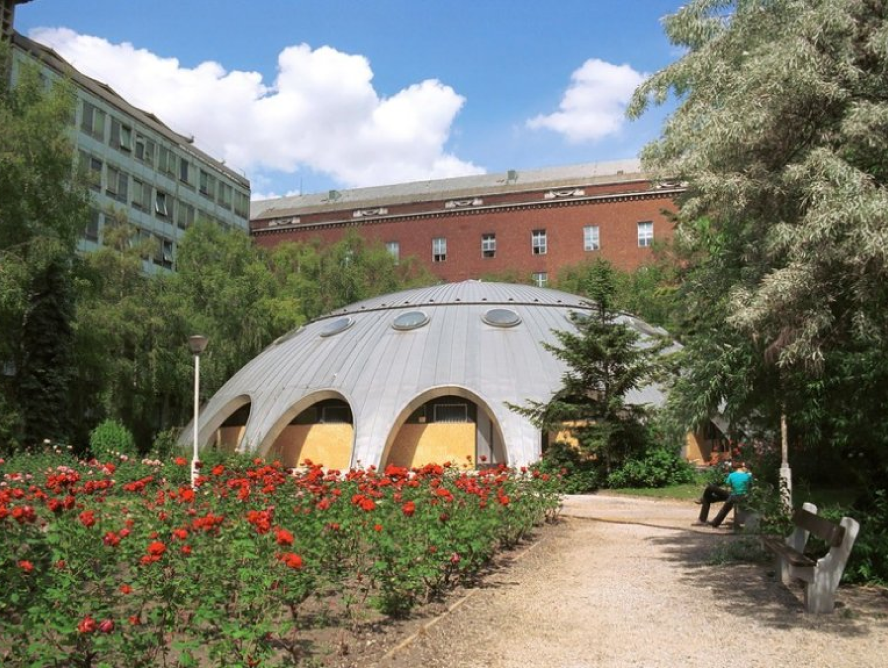
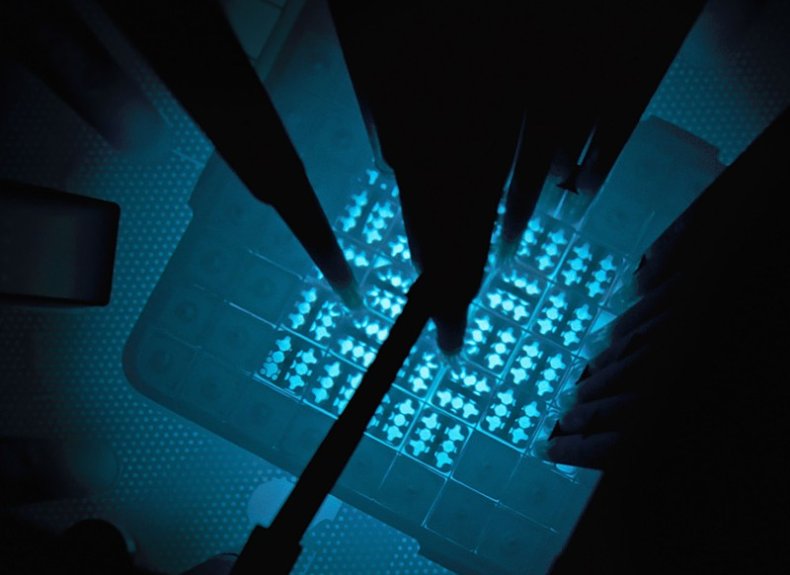
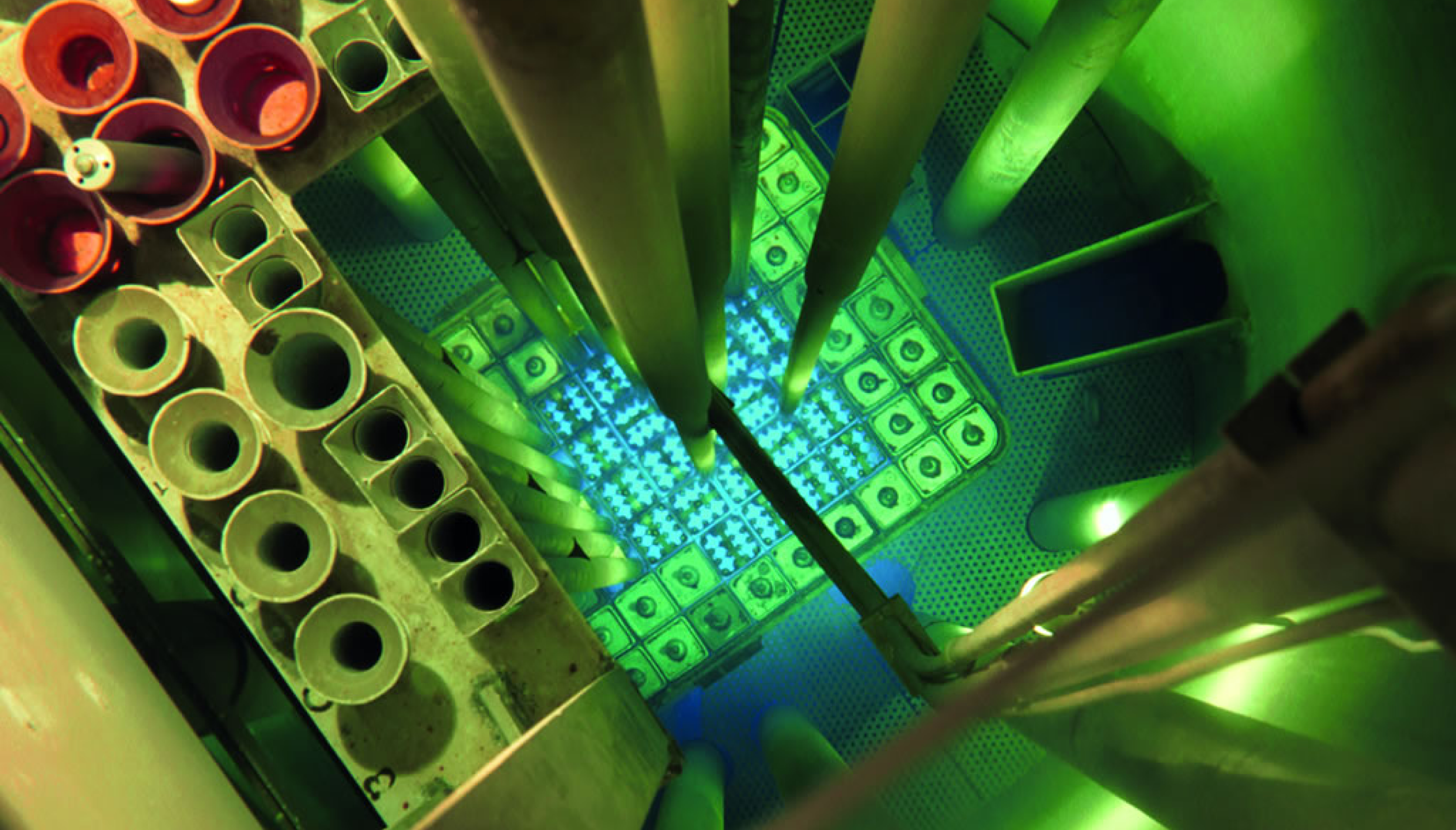
Nuclear Technology
Nuclear technology involves the use of nuclear reactions, particularly fission and fusion, to produce energy, create medical isotopes, and develop applications in fields like medicine, industry, and defense. It encompasses the design and operation of nuclear reactors, the management of nuclear materials, and the development of nuclear-based innovations, such as power generation and radiation therapies.

Reactor Physics and Nuclear Measurement Techniques

Thermohydraulics

Radiochemistry

Fusion Power

Radiation Protection
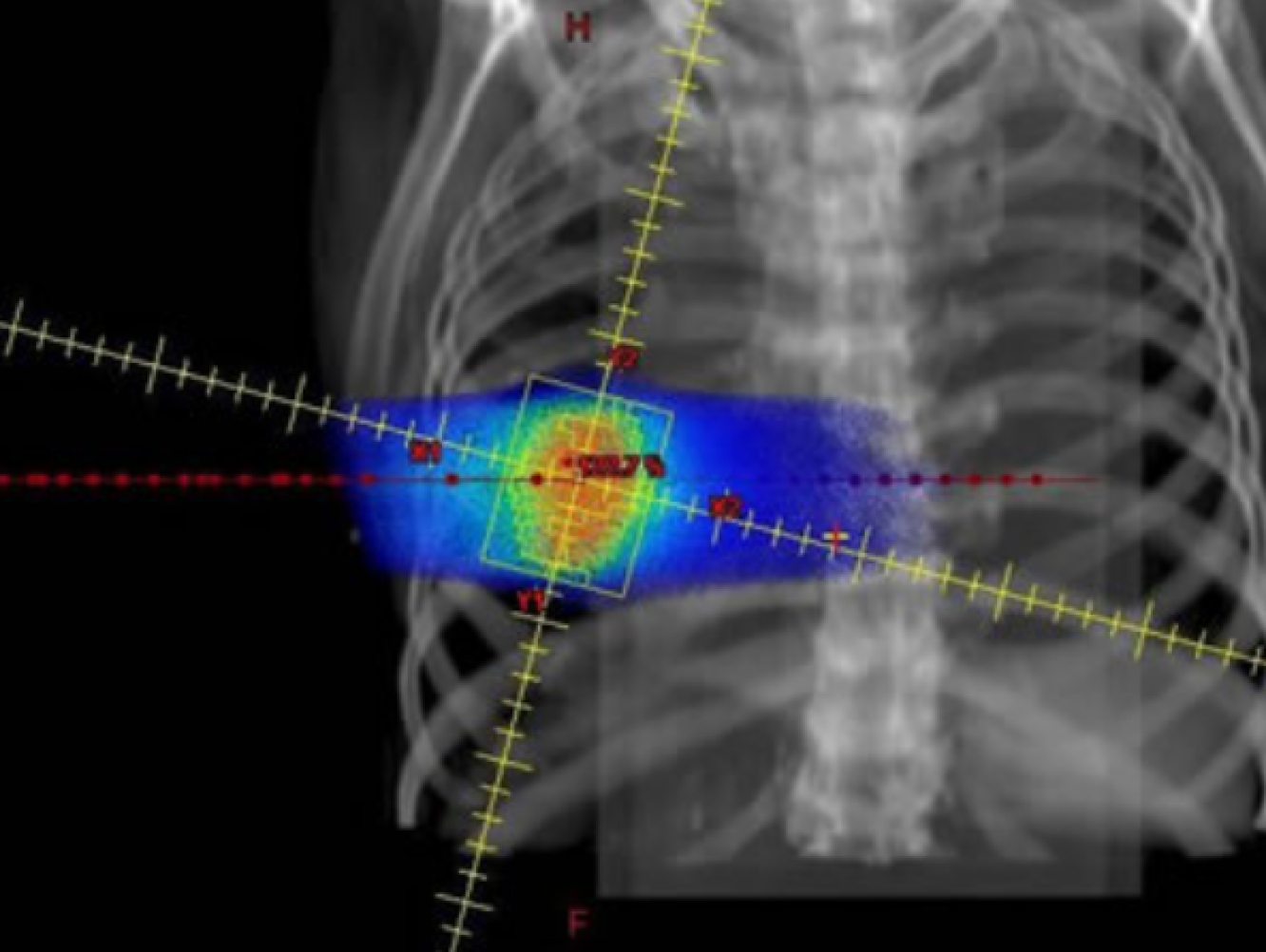
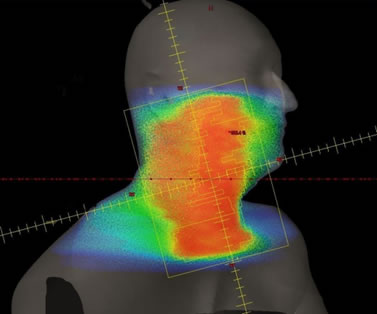
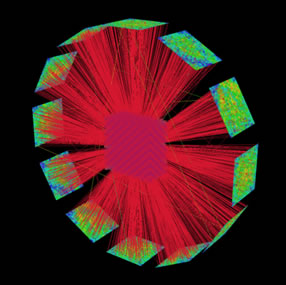
Medical Physics
Medical physics is a field that applies principles of physics to medicine, focusing on the development and application of techniques for diagnosis, treatment, and research. This includes areas like medical imaging, radiation therapy, and the design of medical devices, where physics is used to improve patient care and advance healthcare technologies.

Radiotherapy

Magnetic Resonance Imaging

Nuclear medicine

Tomography
Our former students are already succesful researchers! Join us!

Ábel Sulyok


Kálmán Nagy


Holl Viktor


Izabella Lovas


Balázs Gyüre-Garami

Dávid Krisztián

Péter Makk











